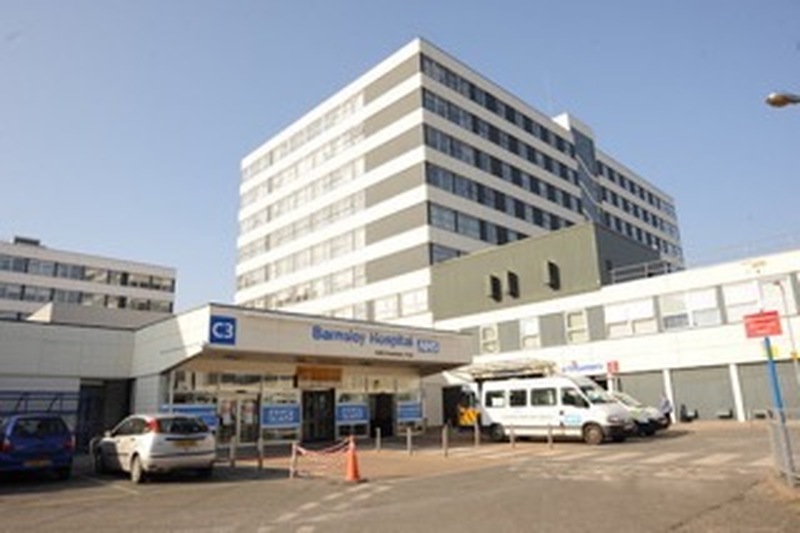THE number of overnight hospital beds available for patients at Barnsley Hospital is lower than before the coronavirus pandemic, the latest figures have revealed.
New data from NHS England shows an average of 494 overnight beds were available each night at the Gawber Road site across April, May and June.
That was an occupancy rate of 88.4 per cent - a higher rate than the same period in 2019, when it was 77.6 per cent.
Across England, there were 131,862 beds available in this period, an occupancy rate of 89 per cent.
This stood at 88.6 per cent 12 months earlier, and at 88.8 per cent in 2019, before the Covid pandemic ‘heaped intense pressure’ on the NHS.
Dr John Dean, clinical vice president at the Royal College of Physicians, said high occupancy rates have clear consequences for patients and staff.
“Consistently high occupancy rates are leading to significant delays in treating newly presenting patients,” he said.
“Bed capacity issues are being further exacerbated by discharge delays due to pressures elsewhere in the care pathway, particularly in social care.”
The figures also provide a breakdown of different types of NHS beds.
At Barnsley Hospital, 48.1 per cent of maternity beds were occupied, while this rose to 91.8 per cent of beds for general and acute care.
Dr Dean said delayed discharges must be addressed to improve availability.
“We must do more to support the Hospital at Home model, allowing patients to continue their recovery at home when it’s safe,” he added.
“This frees up critical hospital capacity for those in need.
“We’re facing record numbers of patients occupying hospital beds who are medically ready for discharge but can’t leave due to the lack of space in social care.
“This situation is completely unacceptable - it’s undignified for patients and not an environment where they can receive the best possible care.”
An NHS England spokesperson said high occupancy leads to waits for patients, and it has more to do ‘to deliver more timely care’.
They said the NHS already increased its number of acute care beds to 99,500 last winter, and aims to do the same again this year.
They added: “We’re working with partners in social care and councils locally and nationally to tackle delayed discharges which affect around 12,000 beds a day - with the aim of ensuring patients who no longer require hospital treatment can return home or be cared for in a more appropriate place for them as soon as possible.”



























